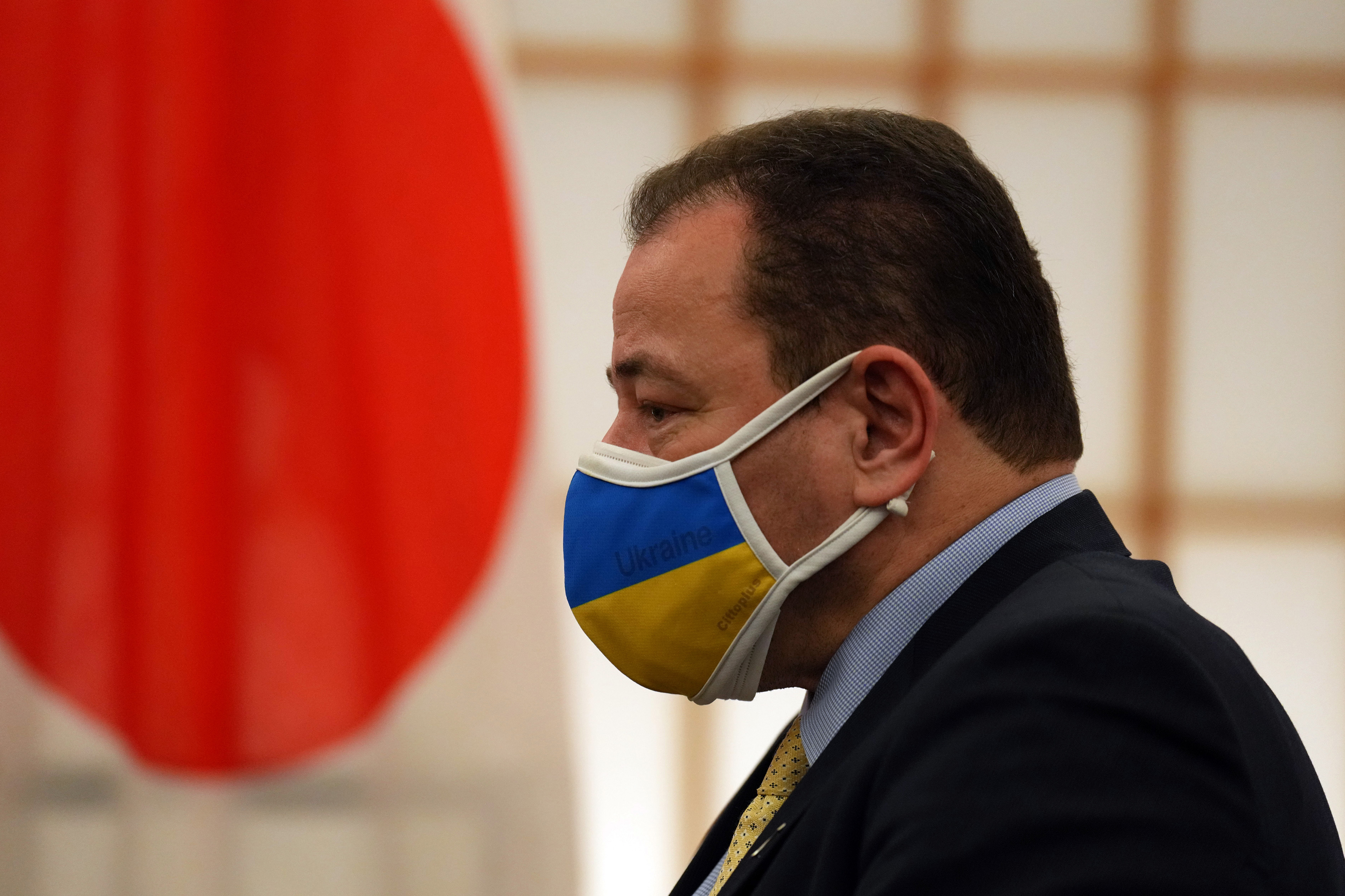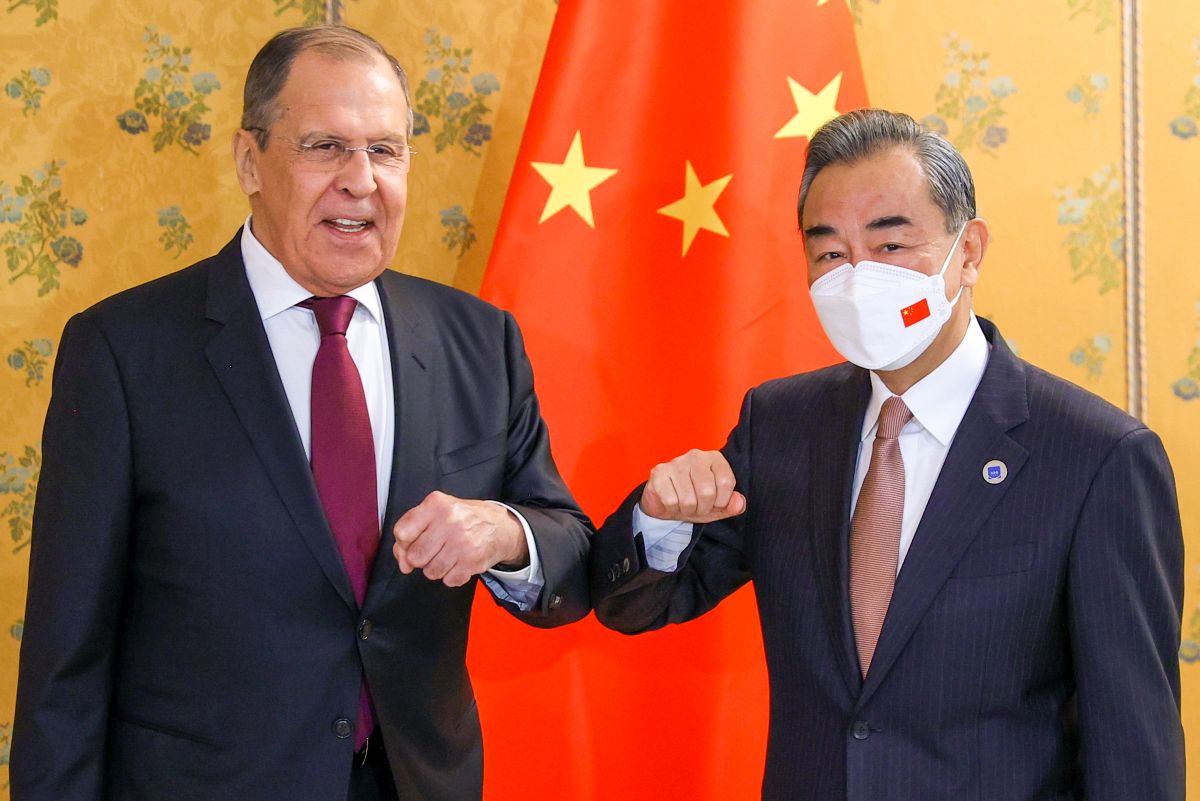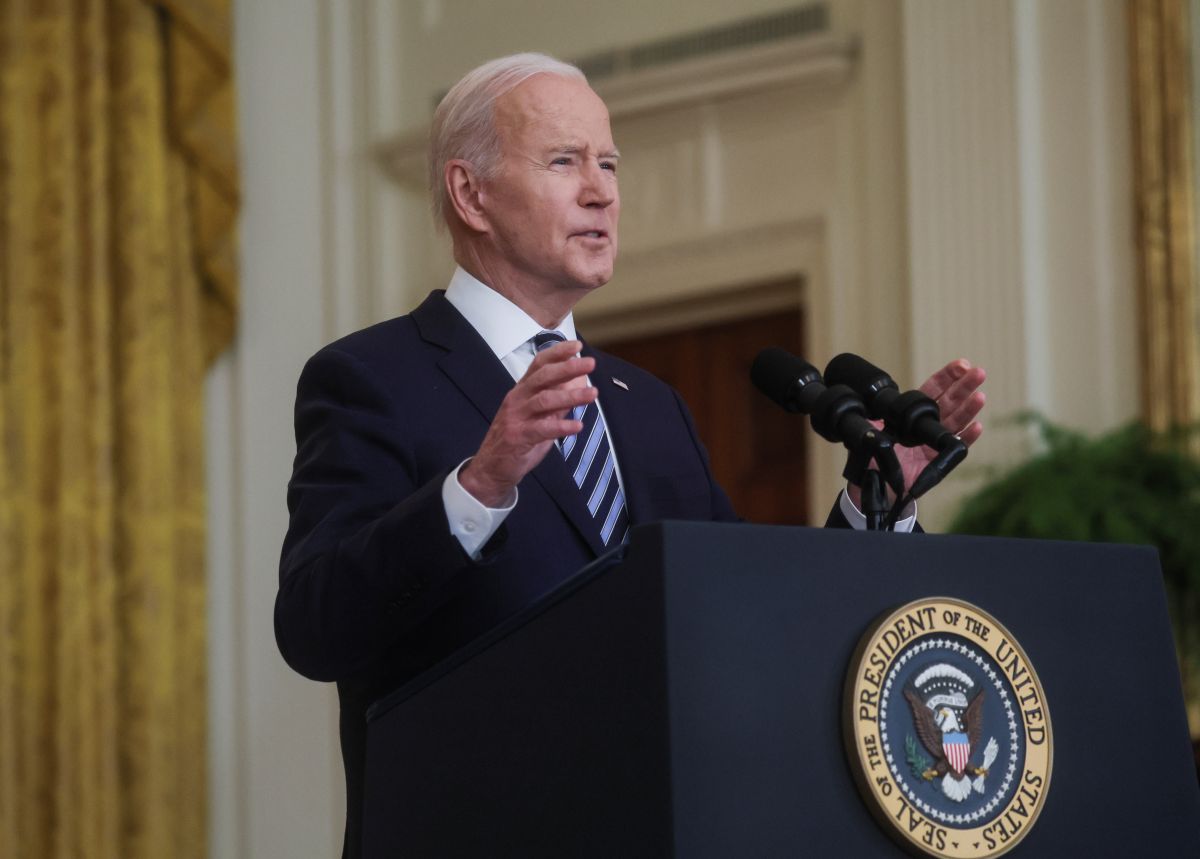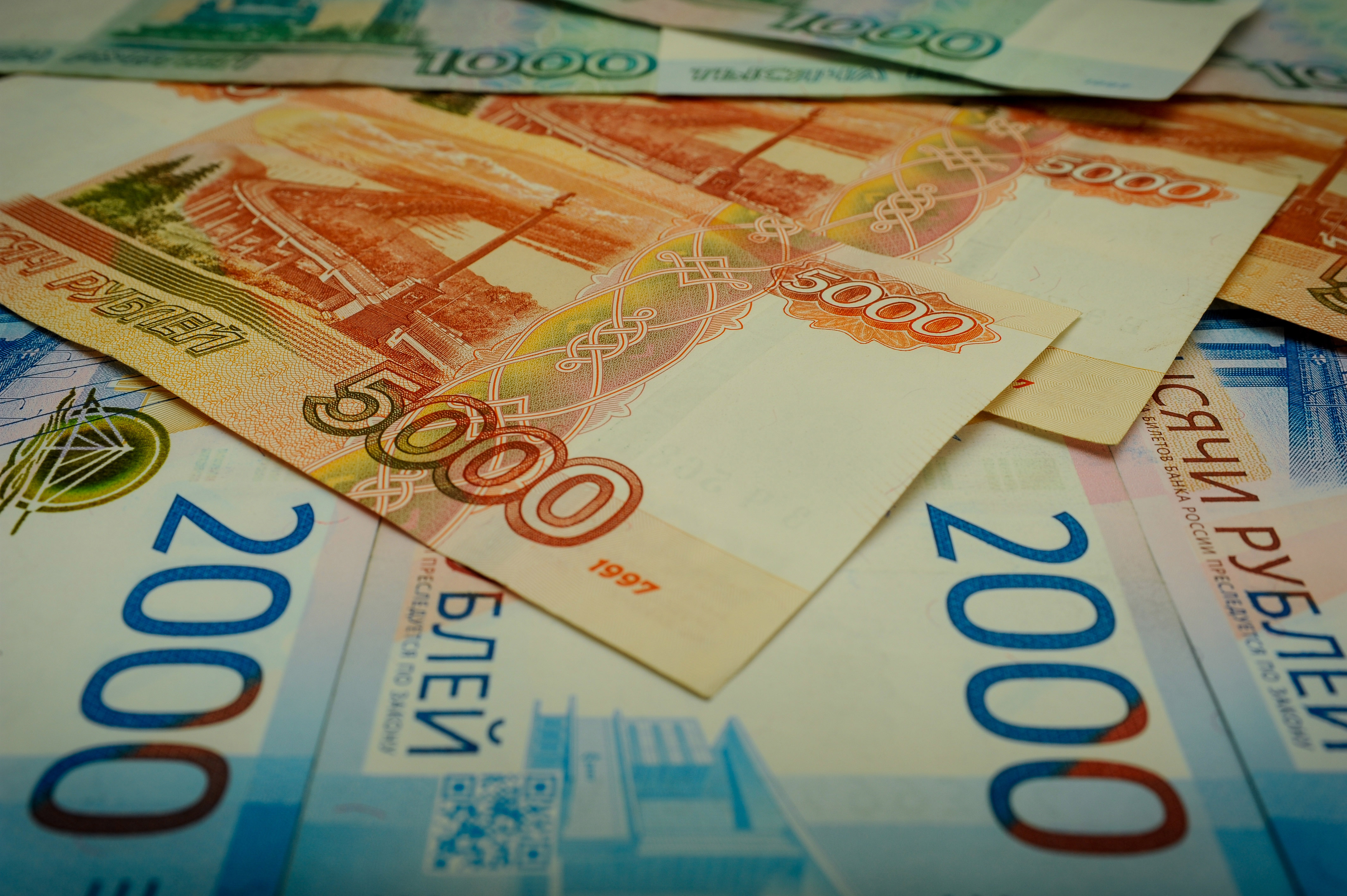Japan's and South Korea's Response to the Russian Invasion of Ukraine
Japan and South Korea condemned the Russian attack on Ukraine and joined the sanctions against Russia, which proves the effectiveness of the U.S. efforts in mobilising its allies. Japan’s stance stems from its predicted repercussions of the invasion for security in the Asia-Pacific region. South Korea’s position initially was more cautious due to concerns of possible economic costs and the deterioration of partnership relations with Russia, but allied solidarity prevailed. The war in Ukraine and the growing tensions between the great powers—the U.S., Russia, and China—may induce Japan and South Korea to expand their defence potential.
 Fot. POOL/Zuma Press/Forum
Fot. POOL/Zuma Press/Forum
How has Japan reacted to Russia’s latest aggression against Ukraine?
Japan unequivocally condemned the Russian invasion, calling it a serious violation of international law, and urged Russia to cease the attack and withdraw its forces back to Russian territory. At the same time, Japan imposed sanctions, including the suspension of the issuance of visas for selected Russians, freezing the assets of designated persons (including representatives of the Russian authorities, including Vladimir Putin) and banks (VEB.RF, Promsvyazbank, Bank Rossiya). It imposed sanctions on export to Russian military-related entities and on export of military and dual-use goods, such as semiconductors, as well as a ban on the issuance and transaction of new Russian sovereign debt. The Japanese authorities also supported excluding selected Russian banks from the SWIFT system and put restrictions on transactions with Russia’s central bank, the foreign exchange reserves of which are partially held by Japan. Japan also announced sanctions on Belarus covering its authorities, including Alexander Lukashenka, and export controls. It is providing humanitarian assistance of $100 million to Ukraine and loans of at least an additional $100 million. It is allowing visa extensions for Ukrainians in Japan and has offered to accept Ukrainian refugees.
What influenced Japan’s position?
The Japanese resolute response is a consequence of the changing perception of the security environment by the political elites. Prime Minister Kishida Fumio has come under pressure from influential members of the ruling Liberal Democratic Party who indicate that Russia’s attack on Ukraine may affect Japan’s security and the situation in the Asia-Pacific region. This is especially true of China’s policy and concerns that it could use armed forces to change the regional status quo, for example, in the Taiwan Strait or in the East China Sea. A too cautious attitude towards Russia would have encouraged China to take aggressive actions and weakened the likelihood that Japan’s partners, including European countries, would support its stance in the event of possible aggression by China. Japan’s attitude also results from failures of its policy towards Russia in the last decade: it failed to sign a peace treaty or to settle the territorial dispute over the Northern Territories/Kuril Islands. Economic cooperation has not developed as expected. The assumptions of successive Japanese governments that striving for the best possible relations with Russia would limit its cooperation with China have also turned out to be wrong. The reaction to Russia’s aggression also results from the principles of Japan’s foreign policy, the pillar of which is the defence of the rules-based international order within the idea of a Free and Open Indo-Pacific, a strong position in the group of democratic countries (including the G7), and allied coordination with the U.S.
What was the reaction of South Korea to Russia’s aggression?
On the day the war broke out, South Korea strongly condemned the Russian invasion of Ukraine, considering it as a violation of the United Nations Charter, and announced that it would join the economic sanctions against Russia. It also indicated that it did not intend to impose unilateral sanctions. Finally, on 28 February, South Korea supported excluding Russian banks from the SWIFT system and announced a ban on the export of strategic materials to Russia, namely goods covered by the export control regimes of nuclear materials, conventional, biological, chemical weapons, and missile technologies. It also declared the possibility of imposing export restrictions on other “dual-use” goods that can be used for military purposes and have already been subject to U.S. sanctions, such as semiconductors. South Korea also intends to suspend financial transactions with the seven largest Russian banks, including Sberbank. In addition, South Korea announced the release of strategic oil reserves in order to stabilise the prices of this commodity, is considering the resale of LNG to the EU, and humanitarian aid of $10 million to Ukraine.
What factors have influenced the position of South Korea?
Due to the determination and reaction of the West to Russia’s aggression, the position of South Korea coincides with the West’s attitude. The key external factor influencing the South Korean stance on Russia were the allied consultations with the U.S. South Korea’s position was indirectly affected by the decisive attitude of the EU institutions and that of the previously restrained European states and Japan. South Korea felt obliged to join the build-up of pressure on Russia because it has been aspiring for years to be one of the world’s most important democratic countries (for example, South Korea joined the G7 meeting in June last year). The rapid deterioration of the Russian economy as a result of sanctions imposed by other countries also could have affected the South Korean perception of Russia. For years, South Korea has treated it as a potentially attractive economic partner (Russia is South Korea’s 10th-largest trade partner and a place of investment, including in the automotive industry). The initial attitude of South Korea towards Russia’s aggression stemmed from concerns about the increase of energy prices and anticipation of difficulties in supply chains (some of the key materials essential for South Korea’s semiconductor sector, such as neon, krypton, and xenon, are imported from Russia and Ukraine). In addition, South Korea has for years treated Russia as a political partner in the discussion on the situation on the Korean Peninsula due to its participation in the six-party talks and the dialogue on plans to build trans-Korean rail and energy connections.
How may Russia’s aggression against Ukraine influence the policies of Japan and South Korea?
The political elites in Japan may see Russia’s invasion of Ukraine as an additional stimulus to develop defence capabilities, increase military spending, and change security policy legislation. At the same time, in the coming months, Japan will seek to increase the U.S. involvement in the Asia-Pacific region in order to effectively deter China from taking aggressive actions there. For example, this may include encouraging the U.S. to strengthen defence cooperation with Taiwan. Japan will likely be more active in work on international stability and security, as signalled by the Kishida government. Japan’s stance on the war in Ukraine allows it to be seen as a credible partner in responding to threats from authoritarian states seeking to revise the rules-based international order. Japan’s decisive reaction also makes it a reliable partner in dialogue with European countries on the interdependence of the security situation in Europe and Asia and the ties between Russia and China.
The attitude of South Korea shows that the authorities in Seoul will eventually adjust to the policy of their American ally and like-minded partners towards violations of international law. However, South Korea also emphasises serious concerns about potential costs to its businesses. South Korea’s stance on the current crisis confirms that it is reluctant to confront great powers when it comes with economic costs. This results from the negative experiences of 2016-2017 when China exerted economic pressure on South Korea in response to the deployment of the THAAD system on its territory. Therefore, in the face of further tensions in Asia, South Korea may be reluctant to U.S. proposals to impose sanctions on China, which is its largest economic partner. Nevertheless, South Korea remains a credible ally of the U.S. The war in Ukraine may additionally induce South Korea to expand its own defence potential, treated as a response to the deepening tensions between the great powers—the U.S., China, and Russia.





